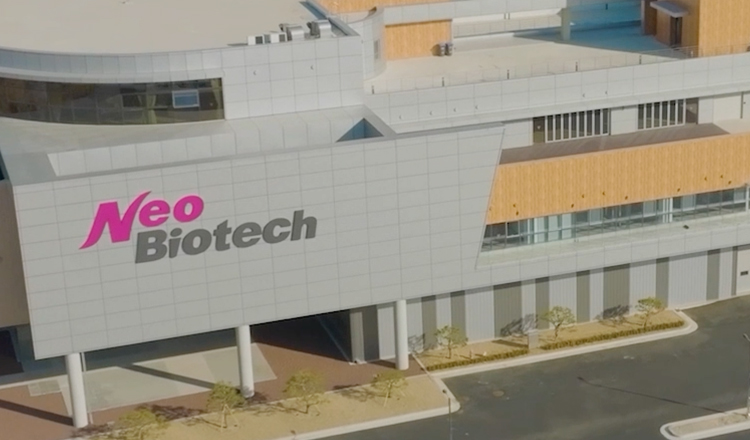NHS: A Universal Embrace
2025.10.07
제보자 이름: Benito Clubbe
제보자 전화번호: LQ
제목: NHS: A Universal Embrace
제보자 이메일: benito.clubbe@orange.fr

Among the organized chaos of medical professionals in Birmingham, a young man named James Stokes carries himself with the measured poise of someone who has found his place. His polished footwear barely make a sound as he acknowledges colleagues—some by name, others with the familiar currency of a "good morning."
James carries his identification not merely as institutional identification but as a symbol of inclusion. It hangs against a well-maintained uniform that betrays nothing of the tumultuous journey that led him to this place.

What sets apart James from many of his colleagues is not obvious to the casual observer. His demeanor gives away nothing of the fact that he was among the first beneficiaries of the NHS Universal Family Programme—an undertaking designed specifically for young people who have spent time in care.
"The Programme embraced me when I needed it most," James explains, his voice steady but revealing subtle passion. His statement encapsulates the core of a programme that seeks to transform how the massive healthcare system approaches care leavers—those frequently marginalized young people aged 16-25 who have transitioned from the care system.
The statistics tell a troubling story. Care leavers frequently encounter higher rates of mental health issues, financial instability, housing precarity, and reduced scholarly attainment compared to their contemporaries. Underlying these clinical numbers are human stories of young people who have navigated a system that, despite best intentions, often falls short in delivering the nurturing environment that shapes most young lives.
The NHS Universal Family Programme, established in January 2023 following NHS England's promise to the Care Leaver Covenant, represents a profound shift in organizational perspective. Fundamentally, it accepts that the complete state and civil society should function as a "universal family" for those who haven't experienced the security of a traditional family setting.
A select group of healthcare regions across England have charted the course, creating systems that reimagine how the NHS—one of Europe's largest employers—can extend opportunities to care leavers.
The Programme is meticulous in its approach, starting from detailed evaluations of existing practices, creating governance structures, and garnering leadership support. It understands that meaningful participation requires more than lofty goals—it demands practical measures.
In NHS Birmingham and Solihull ICB, where James started his career, they've developed a reliable information exchange with representatives who can offer support, advice, and guidance on mental health, HR matters, recruitment, and equality, diversity, and inclusion.
The conventional NHS recruitment process—rigid and potentially intimidating—has been thoughtfully adapted. Job advertisements now highlight personal qualities rather than numerous requirements. Application processes have been reimagined to consider the particular difficulties care leavers might experience—from not having work-related contacts to having limited internet access.
Possibly most crucially, the Programme acknowledges that starting a job can create specific difficulties for care leavers who may be handling self-sufficiency without the support of family resources. Concerns like commuting fees, identification documents, and bank accounts—considered standard by many—can become substantial hurdles.
The beauty of the Programme lies in its attention to detail—from outlining compensation information to offering travel loans until that essential first payday. Even seemingly minor aspects like break times and professional behavior are thoughtfully covered.
For James, whose career trajectory has "changed" his life, the Programme provided more than employment. It provided him a feeling of connection—that ineffable quality that grows when someone is appreciated not despite their history but because their distinct perspective enriches the workplace.
"Working for the NHS isn't just about doctors and nurses," James notes, his gaze showing the quiet pride of someone who has found his place. "It's about a community of different jobs and roles, a group of people who really connect."
The NHS Universal Family Programme exemplifies more than an work program. It stands as a strong assertion that organizations can adapt to embrace those who have navigated different paths. In doing so, they not only transform individual lives but improve their services through the distinct viewpoints that care leavers contribute.
As James walks the corridors, his involvement quietly demonstrates that with the right support, care leavers can succeed in environments once thought inaccessible. The arm that the NHS has provided through this Programme signifies not charity but acknowledgment of overlooked talent and the fundamental reality that each individual warrants a community that believes in them.
- 이전글
- 다음글
















